The following is from Parvati Mangala of Goswami Tulsidas, and describes Lord Shiva’s marriage procession.
Verse 106 lists three types of beings in the procession: Preta, Vetala, and Bhuta. You will find more expanded lists in other places that contain more varieties of ghostly beings. This collection of beings are “pramathas”, or tormentors, and Lord Shiva is Pramatha Natha.
Verse 97
bibudha bōli Hari kahē’u nikaṭa pura āya’u |
āpana āpana sāja sabahiṁ bilagāya’u ||
Seeing the divine wedding party approach, the gods (bibudha) exclaimed,
“Hari (Vishnu) has said — the groom has reached near the city!”
Everyone began preparing their own unique attire and decorations.
Verse 98
pramathanātha kē sātha pramatha gana rājahiṁ |
bibidha bhām̐ti mukha bāhana bēṣa birājahiṁ ||
With the Lord of the Pramathas (Shiva) came his ghostly attendants, ruling over the strange parade.
They appeared in countless terrifying forms — strange faces, odd mounts, and unusual garb.
Verse 99
kamaṭha khapara maḍhi khāla nisāna bajāvahiṁ |
nara kapāla jala bhari-bhari pi’ahiṁ pi’āvahiṁ ||
They beat drums made of tortoise shells, skulls, and animal hides.
They filled human skulls with water and drank from them, offering them to others too!
Verse 100
bara anuharata barata banī Hari ham̐si kahā |
suni hiyam̐ ham̐sata mahēsa kēli kautuka mahā ||
Seeing such a strange wedding party, even Lord Vishnu laughed and said,
“What a grand, playful wonder is this spectacle of Mahesh (Shiva)!”
Verse 101
baṛa binōda maga mōda na kachu kahi āvata |
jā’i nagara niyarāni barāta bajāvata ||
It was such delightful entertainment along the road, no words could capture it.
As the barāt entered the city, its music and spectacle amazed all.
Verse 102
pura kharabhara ura haraṣē’u acala akhaṇḍalu |
paraba udadhi umagē’u janu lakhi bidhu maṇḍalu ||
The whole city was filled and thrilled with joy — even the immovable Himalaya rejoiced!
It seemed like a festival ocean rising high upon seeing the moon (the groom Shiva’s face).
Verse 103
pramudita gē agavāna bilōki barātahi |
bhabharē bana’i na rahata na bana’i parātahi ||
The city elders joyfully came forward to receive the procession.
But the sights were so bizarre, they were left bewildered — they could neither stay nor turn back!
Verse 104
calē bhāji gaja bāji phirahiṁ nahiṁ phērata |
bālaka bhabhari bhulāna phirahiṁ ghara hērata ||
Elephants and horses moved restlessly and didn’t look back.
Children were so distracted by the spectacle, they lost their way home.
Verse 105
dīnha jā’i janavāsa supāsa ki’ē saba |
ghara ghara bālaka bāta kahana lagē taba ||
The groom’s party was taken to their lodging with care and hospitality.
Children ran from house to house, retelling what they’d seen.
Verse 106
prēta bētāla barātī bhūta bhayānaka |
barada caṛhā bara bā’ura saba’i subānaka ||
The wedding guests were ghosts, ghouls, spirits — terrifying to behold.
The groom rode a bull (Nandi), and all his companions were wild and mad-looking.
Verse 107
kusala kara’i Karatā kahahiṁ hama sām̐ci’a |
dēkhaba kōṭi bi’āha ji’ata jauṁ bām̐ci’a ||
“May the Creator protect us!” people exclaimed. “We speak the truth:
If one survives after seeing this wedding party, it’s nothing short of a miracle!”
Verse 108
samācāra suni sōcu bhaya’u mana mayanahiṁ |
nārada kē upadēsa kavana ghara gē nahiṁ ||
Hearing the news, Parvati’s mother Menā (Mayanā) was filled with anxiety.
“What kind of advice did Narada give us? Which house has our daughter gone to?!”
Verse 109
ghara ghāla cālaka kalaha priya kahiyata parama paramārathī |
taisī barēkhī kīnhi puni muni sāta svāratha sārathī ||
ura lā’i Umahi anēka bidhi jalapati janani dukha māna’ī |
himavāna kahē’u Isāna mahimā agama nigama na jāna’ī ||
“He’s a wandering madman,” she said, “lover of conflict, called a sage of sages —
Yet such a character was selected by even seven sages, calling him the charioteer of righteousness!”
Though Parvati held him dearly in her heart, her mother (Menā) was deeply pained.
Himavan (her father) consoled her, saying, “Shiva’s glory is beyond even the Vedas to comprehend.”
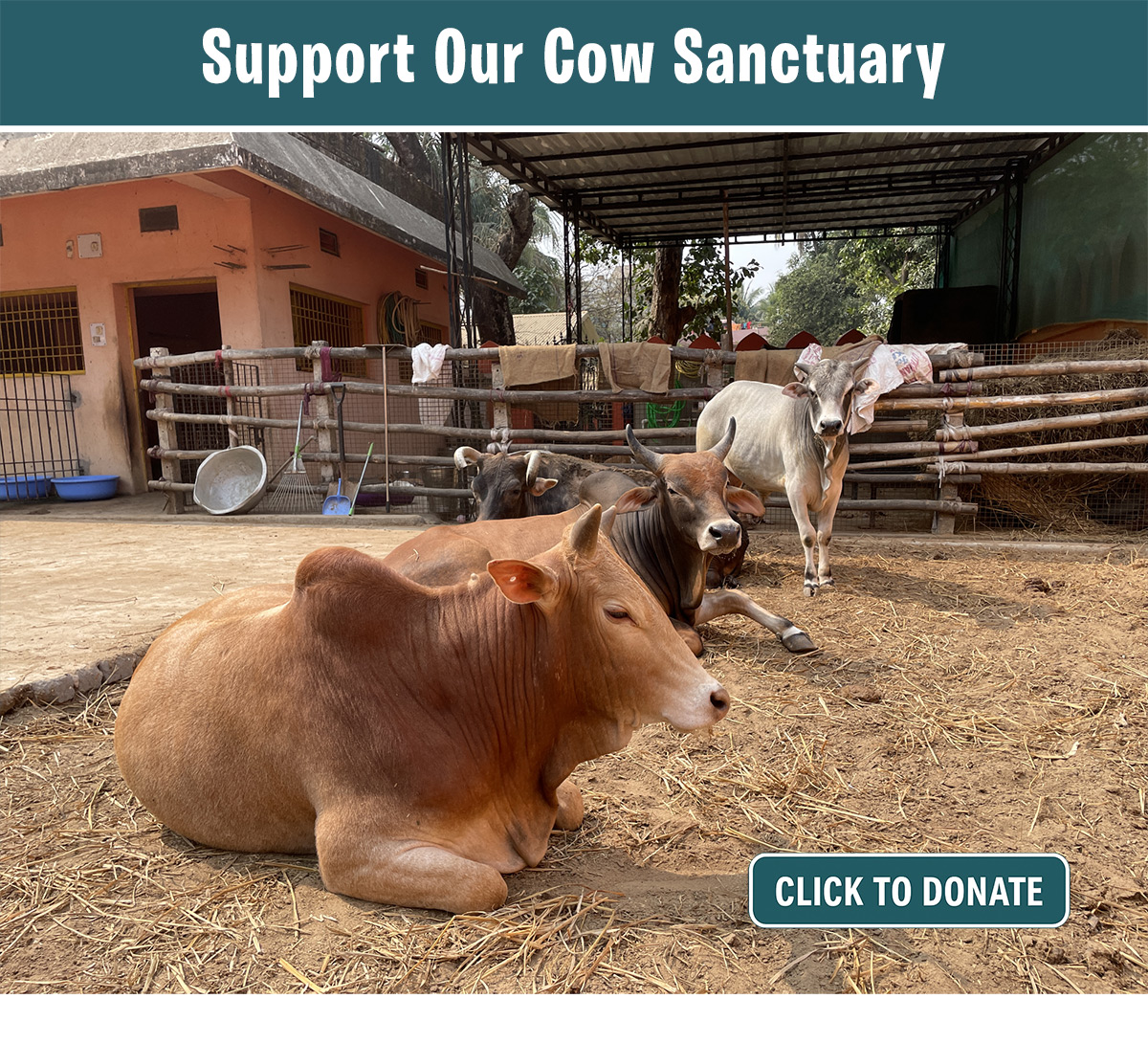
Every cow and calf at our sanctuary has a story of rescue, healing, and hope. Your generous support provides them with food, shelter, medical care, and a lifetime of protection. Together, we can give these sacred animals the love and safety they deserve.

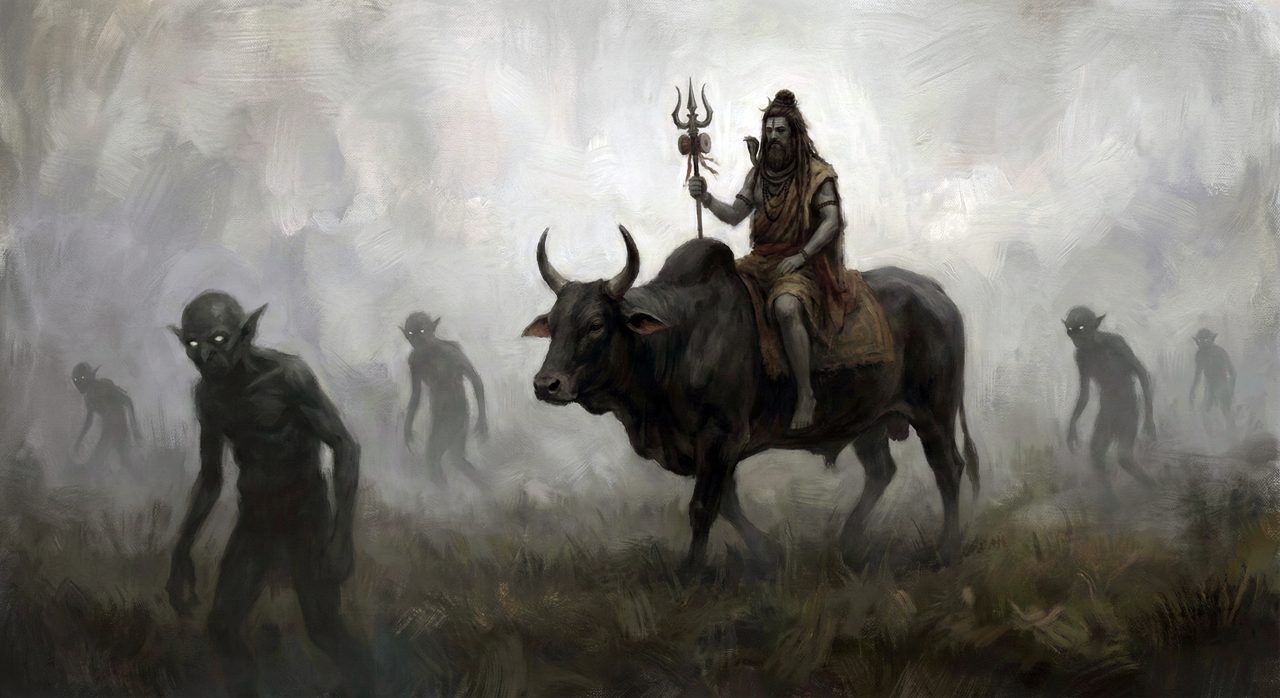

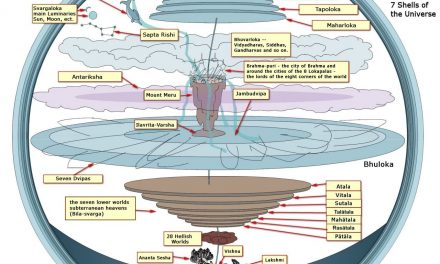
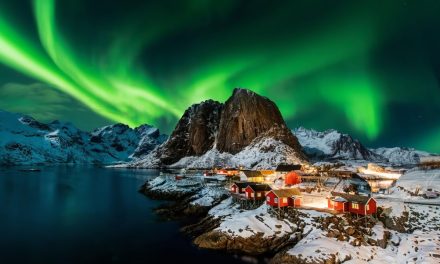
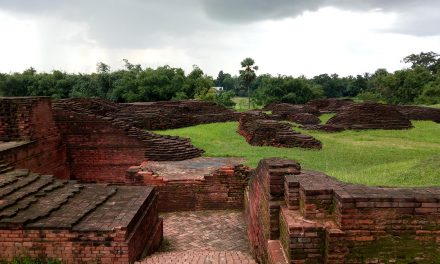
0 Comments